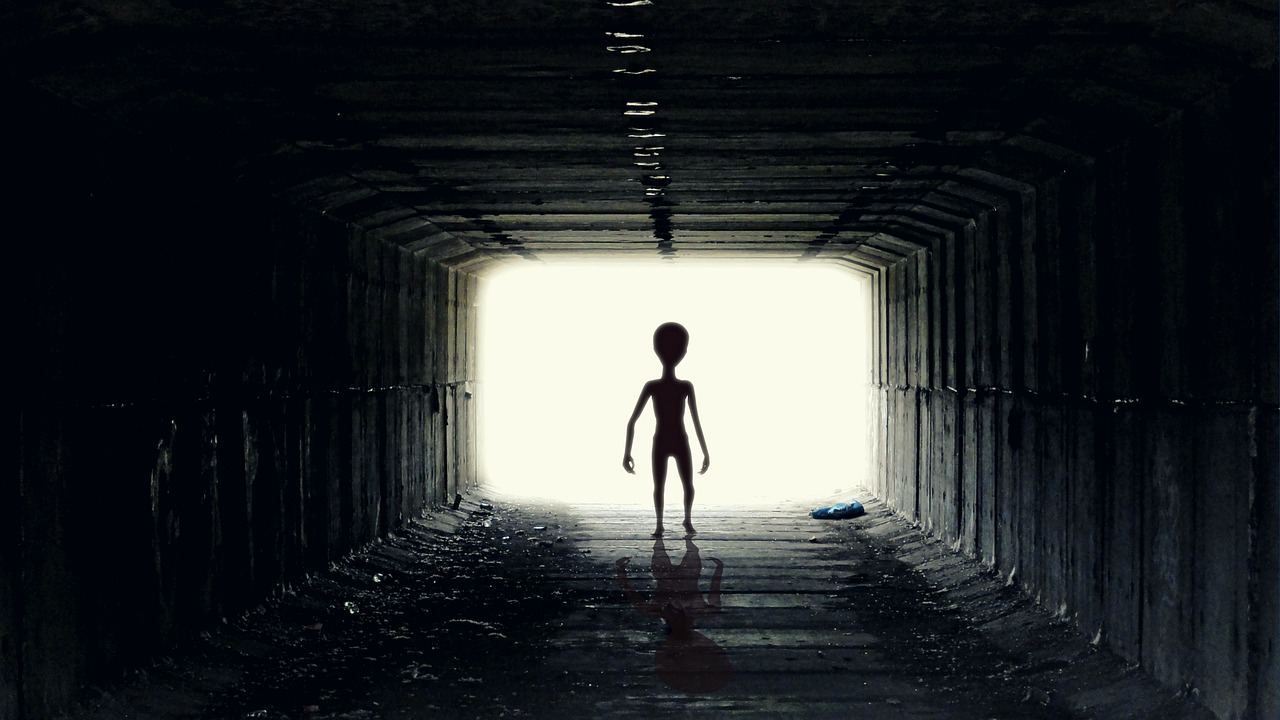After Scandal, China Proposes New Rules for Gene Editing
/China has proposed new rules for gene editing and other “high risk” biomedical technologies. The proposals come three months after a Chinese researcher was widely criticized after claiming he had created the world’s first genetically-edited babies.
A draft of the measures was published this week on the website of China’s National Health Commission. The new rules would cover gene editing, stem cell experiments and biological products created for the human body, the Chinese government-supported Global Times newspaper reported.








